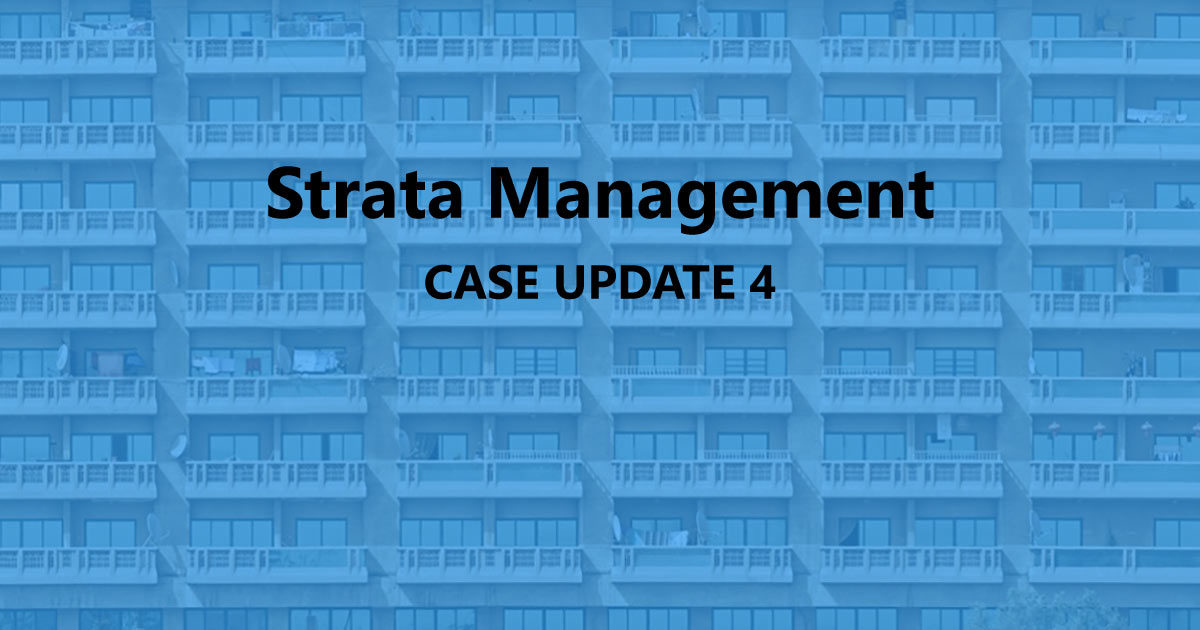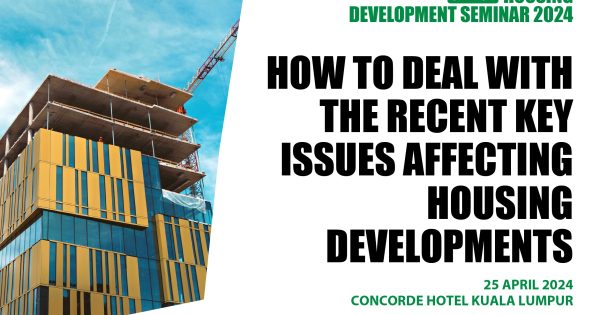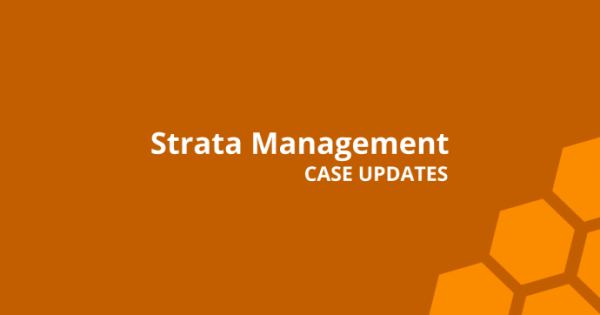
BADAN PENGURUSAN BERSAMA KOMPLEKS PANDAN SAFARI LAGOON v. TAM CHENG MENG [2018] 1 LNS 223
This is an appeal by the Appellant/Plaintiff who is the joint management body (“JMB“) of Kompleks Pandan Safari Lagoon against the decision of the learned Magistrate in its suit against the Respondent/Defendant. The Defendant is a parcel owner. The Developer was wound up on 28.3.2006 and appointed a private liquidator.
The private liquidator in turn appointed other managing agents on 30.4.2009 and 1.6.211 to operate and manage the building.
The Plaintiff’s claim against the Defendant at the Magistrate’s Court was for outstanding service charges for the building in the sum of RM81,413.93 for the period up to June 2015. The learned Magistrate after full trial allowed only part of the Plaintiff’s claim for the sum of RM3,579.87, which is the amount of the service charges owed by the Defendant to the Plaintiff for the period from July 2014 to June 2015.
Dissatisfied with the Magistrate’s decision, the Plaintiff filed an appeal. At the conclusion of the hearing of this appeal, the High Court Judge allowed the appeal and the Plaintiff’s claim for the sum of RM81,413.93 together with interest of 5% from 26.06.2015 until the date of full settlement of the judgment sum was given. The decision of the Magistrate Court was set-aside.
Preliminary Objection
Through a preliminary objection, the Respondent took a jurisdictional issue against the Appellant by submitting that the decision of the Magistrate Court is not appealable since the judgment sum was only RM3,579.87.
The High Court Judge after referring to the Federal Court case of Yai Yen Hon v Teng Ah Kok & Sim Huat Sdn Bhd & Anor and a Court of Appeal case in Manohary Teresa & another v Tan Ah Lek opnied that S28(1)of the Courts of Judicature Act 1964 (“CJA”) dismissed the preliminary objection and opnied that S.28 refers to the claimed sum and not the Judgment Sum. Therefore, the Appellant is allowed to appeal in the High Court. S.28 CJA is reproduced below:
Civil appeals from subordinate courts
28. (1) Subject to any other written law, no appeal shall lie to the High Court from a decision of subordinate court in any civil cause or matter where the amount in dispute or the value of the subject-matter is ten thousand ringgit or less except on a question of law.
Main issues to be decided
After disposing off the preliminary objection, the High Court proceeded to deal with the 2 major issues.
- Was an assignment required under the new statutory regime of Strata Management Act 2013?
- Does limitation period apply to outstanding charges?
The Respondent objected to the claim since there was no written notice of assignment indicating the Developer and the managing agents appointed by the Liquidator had assigned the rights to collect service charges by virtue of Section 4(3) of the Civil Law Act (“CLA”). With no assignment, the JMB has no right to collect them. This is especially so when the JMB was established on 13.6.2014 and the outstanding due was before the establishment of JMB. The Respondent relied heavily on a Court of Appeal decision in Prangin Mall Sdn Bhd v Tang Joo Ming & Anor [2012] 1 LNS 1285 where in that case, the Court of Appeal held that since the Building and Common Property (Maintenance and Management) Act 2007 (“BCP”) is silent on the power of the developer to collect charges, such power is a contractual power derived from the sale and purchase agreement and NOT one derived from statute. It also held that since there is no provision in the BCP, the developer’s contractual right to collect charges had to be assigned from the Developer to the JMB.
The High Court however disagreed with the Respondent and distinguished BCP by referring to various sections of SMA 2013, ie Section 9, 13, 37, 38, 40. The High Court finds that the Developer in the SMA has the statutory power to collect charges and there is no legal necessity for an assignment. The SMA 2013 has cured the lacuna identified in the Prangin Mall case.
What is more interesting was, in delivering its judgment, the High Court Judge opined that SMA has retrospective effect and quote:
In making the decision, the learned Magistrate had failed to take into account the retrospective application of the SMA 2013 to developers of developments that have been completed prior to the commencement of the SMA 2013 and to JMB’s established under the BPCA.
Chapter 2 of the SMA 2013 expressly provides that the Act applies retrospectively to the period prior to the establishment of the JMB to developers of development areas that have been completed prior to the commencement of the SMA 2013. Developers of buildings completed on or before 1.06.2015 are retrospectively given the statutory power by the SMA 2013 to collect the service charges from parcel owners prior to the establishment of a JMB and if they had been collecting the charges before 1.06.2015, they can continue collecting such charges until the JMB is established (see s. 13(2) of the SMA 2013).
Limitation Period
Lastly, the High Court in adopting the purposive approach relied on S17A of the Interpretation Act 1948 and 1967 and also referred to S105 of SMA2013 ruled that limitation period does not apply to court proceedings. To interpret otherwise will result in discrepancy as to the claims made in the Tribunal and the Court.
Several key pointers:
- there is no longer a need of an assignment for liquidator or managing agent to collect charges;
- SMA has retrospective effect (although the Paradesa Rustika’s case suggest otherwise) ; and
- Limitation Period does not apply to court proceedings for a SMA claim.

